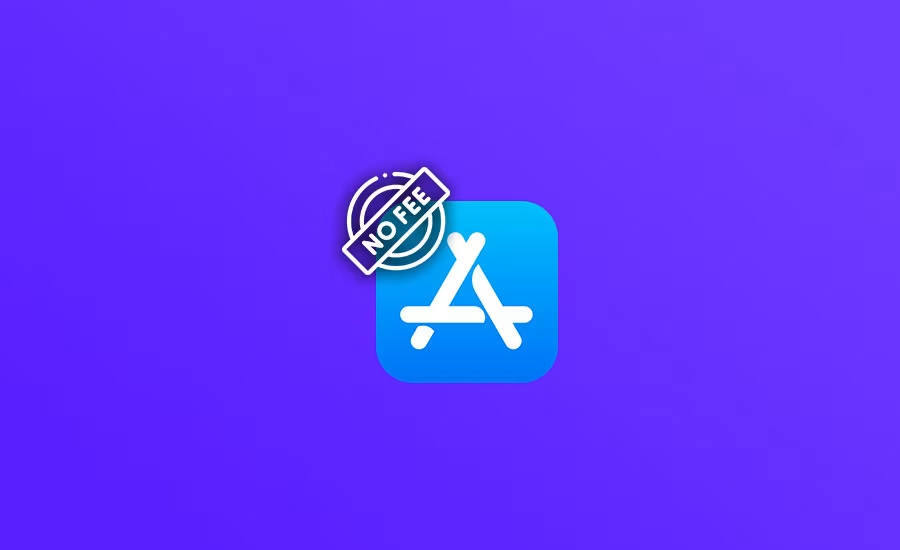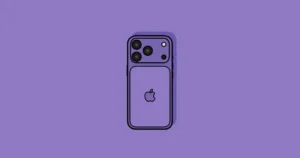Epic Games Scores Win as Court Pushes Back Against Apple’s Payment Restrictions
In a major turn in the Apple vs. Epic Games saga, a U.S. federal judge has ruled that Apple violated a 2021 court order requiring it to loosen restrictions on how iOS developers communicate with users about alternative payment options.
The ruling, delivered by Judge Yvonne Gonzalez Rogers, accuses Apple of undermining the spirit of the injunction and opens the door to potential criminal contempt charges.
What Apple Did Wrong
Back in 2021, Apple was ordered to allow developers to link to outside payment systems in an attempt to balance the power dynamics between Apple and app creators. But according to Judge Rogers, Apple fell short.
The company introduced new rules that technically allowed external links, but buried them in fine print, slapped on a 27% fee, and placed tight controls on how links could appear.
Thanks to a detailed report by The Verge, we know just how restrictive Apple’s policies remained. The judge made it clear that Apple cannot:
- Charge commissions on purchases made outside its ecosystem
- Dictate how developers design, place, or format external payment links
- Block developers from using buttons or clear call-to-actions
- Display intimidating or misleading warnings to users navigating away from an app
Instead, Apple may only display a neutral message to users who choose to leave the app for an outside payment site.
Related: Apple VP Faces Possible Criminal Contempt Over App Store Commission Testimony
Epic’s Reaction, and What Comes Next
Epic Games, the maker of Fortnite and long-time challenger of Apple’s App Store model, hailed the ruling as a victory. CEO Tim Sweeney stated that Epic is ready to bring Fortnite back to the iOS App Store in the U.S., provided Apple abides by the judge’s orders worldwide. He also offered to drop all remaining litigation if Apple plays fair globally.
This could mark a turning point for developers tired of paying up to 30% in fees to Apple and being locked into its walled garden. The ruling sends a clear message: Apple can’t skirt regulation by playing semantics.
A Ripple Effect Across the Industry?
While this ruling directly affects Apple and Epic, its consequences could echo far beyond their battle. With mounting pressure from governments and developers worldwide, this case may serve as a model for future tech regulation.
As Apple faces growing scrutiny, the way it handles this ruling could redefine how app ecosystems work, and who controls them.






